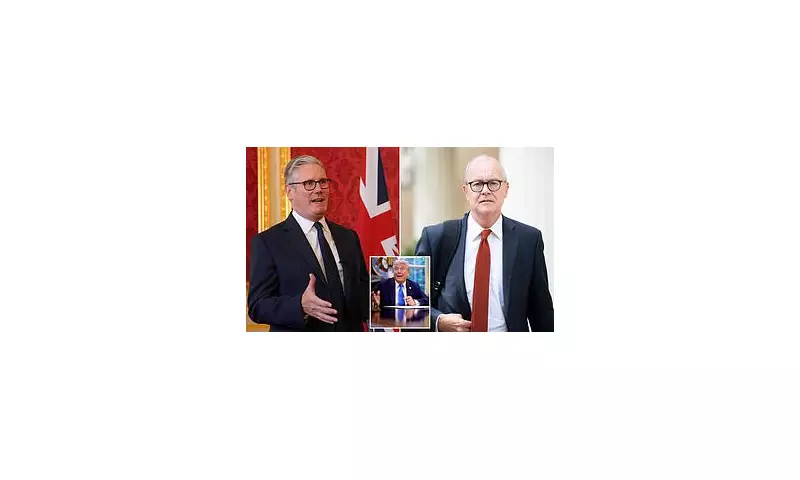
In a dramatic shift from current immigration policies, Labour leader Sir Keir Starmer has unveiled ambitious plans to eliminate visa fees for high-skilled foreign professionals seeking to work in Britain's critical sectors. This radical proposal aims to position the UK as a global magnet for top talent while addressing chronic workforce shortages.
The initiative specifically targets professionals in healthcare, technology, engineering, and scientific fields - industries that have struggled with significant staffing gaps since Brexit. Starmer argues that removing financial barriers will make Britain more competitive in the international race for expertise.
Economic Revitalisation Through Strategic Immigration
Starmer's proposal represents a fundamental rethinking of Britain's approach to skilled migration. Rather than treating visas as revenue generators, the Labour leader envisions them as investments in national economic prosperity. 'We must stop seeing immigration through a negative lens and start recognising it as an engine for growth,' Starmer declared during the policy announcement.
The current visa system charges skilled workers between £1,000 to £1,400 per person, plus an annual immigration health surcharge of £624. These costs have been criticised for deterring talented professionals from considering Britain as a destination.
Targeting Critical Sector Shortages
The policy specifically addresses shortages in:
- Healthcare: Doctors, nurses, and medical researchers
- Technology: Software developers, AI specialists, and cybersecurity experts
- Engineering: Infrastructure and renewable energy specialists
- Scientific Research: Academics and laboratory technicians
This targeted approach aims to fill gaps that have hampered productivity and innovation across key industries.
Political Implications and Reception
The announcement positions Labour as the party of pragmatic, economically-focused immigration reform. It contrasts sharply with the Conservative government's emphasis on reducing overall migration numbers, setting clear battle lines for the next general election.
Business leaders have largely welcomed the proposal, with many describing it as 'long overdue' and 'essential for maintaining Britain's competitive edge.' However, some trade union representatives have expressed concerns about potential impacts on domestic wage levels.
As Britain continues to navigate post-Brexit economic challenges, Starmer's visa fee abolition plan represents one of the most significant immigration policy proposals in recent years. Its implementation could fundamentally reshape Britain's ability to attract global talent and drive economic recovery.






